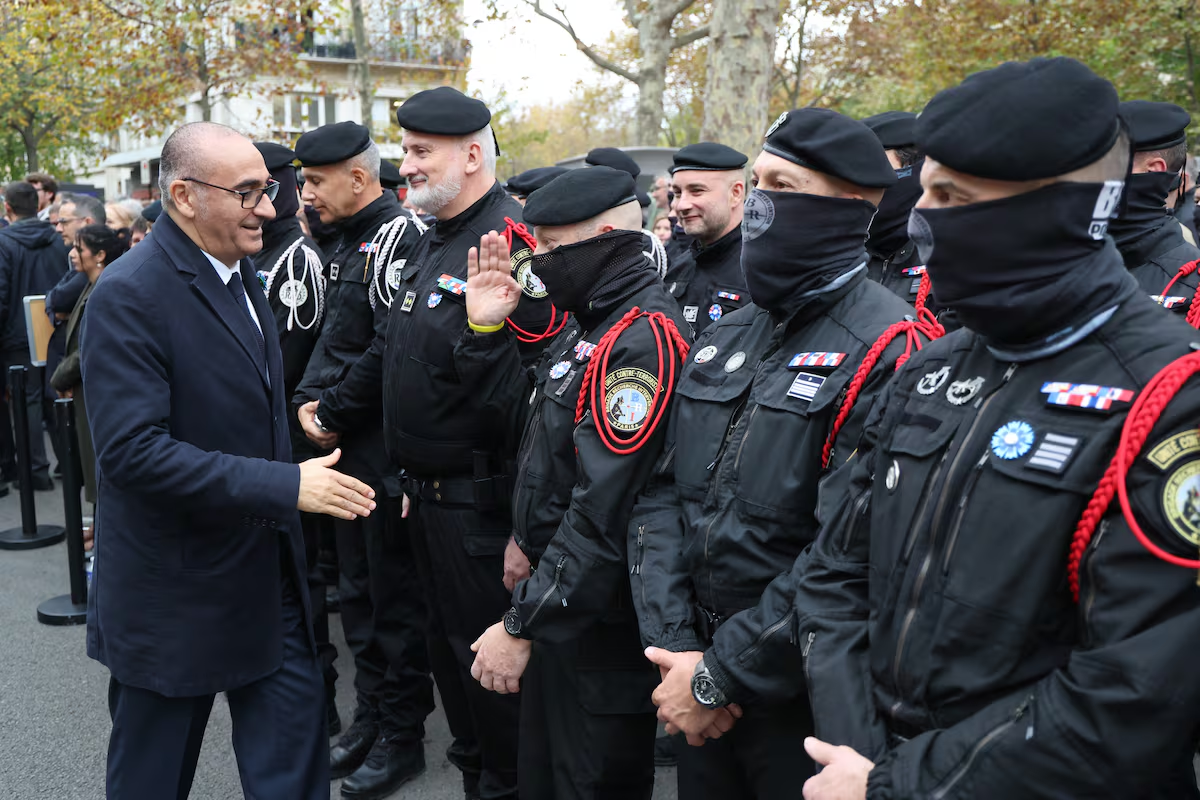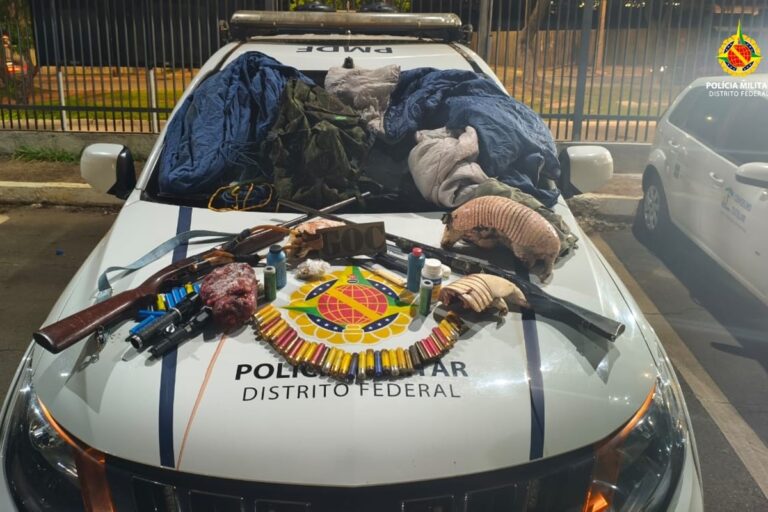
On November 13, 2015, Michel Cabouche and a dozen other police officers from the Paris night security unit BAC 75N played a little sport before starting their shift. “We usually do it before we leave. We received a call. We received a request in the Bataclan area. We were not yet on duty, but we got ready, put on our uniforms and left, even though we were not officially on duty yet,” he stressed.
Kaboche and his unit mates were among the first to enter the Bataclan room on the night of the Nov. 13 attack, before the BRI, the police’s Rapid Intervention Brigade, which specializes in hostage-taking, entered. In reality, BAC was responsible for more common crimes and was not yet an elite force, so it had not yet received permission from the prefecture to intervene.
But the police came in. Unsure exactly what he would find, Kaboche sent a farewell message to his family “just in case.” “We went to the Bataclan without thinking, but the terrorists were still inside. We didn’t know where they were or how many there were. And we quickly formed our forces into groups. I was in second position and the light from the projector made it hard to see, but I soon noticed the smell of gunpowder and the magazines on the ground. There was a pool of blood.”
Ten years later, the agent remembers that night when a group of journalists gathered at the entrance to the Bataclan concert hall, just before the official ceremony to commemorate the 90 people who lost their lives inside the facility. When they arrived, one of the BAC committee members, Guillaume Cardy, was already inside. He was the operative who attacked the concert venue at 9:40 p.m. and killed one of three terrorists who opened fire on concertgoers.
“Part of the unit was lined up in front of the stage. Each group took its position. I was on the right side of the truck. Others were on the left, some in front of the truck. Our intervention took place from 10 p.m. until the truck was completely released several hours later,” explains the agent and two other colleagues who participated in the device.
They did the best they could to remove people, but 10 years later, the question about their intervention remains: Could they have done more? “We had to make decisions that will last forever. We had to sift, separate the wounded from the dead, evacuate and give first aid on the spot. It’s like war medicine. Who is better than a human life? ?There was no one. That’s why I blame myself for having to choose between life and death, serious injury and emergency injury, but the decision had to be made. I still wonder if I made the right decision.
The operation in the Bataclan room was carried out in several stages. BAC police entered the courtroom and tried to remove people after killing one of the jihadists. BRI and RAID agents, another elite force, also gained access to the upper floors, where two other terrorists were holding 11 hostages. More than 70 police officers from elite police units (BRI and RAID) were in the room at around 10:20 p.m. The hostages were eventually evacuated and the two terrorists were killed when the explosive belt was activated.
BAC chief Guillaume Cardy, who first arrived and destroyed one of the terrorists, has been promoted and now heads RAID, the most prestigious and elite unit of the National Police. Kavouche left the police force and now runs a security company. They were offered psychological support, but he refused it. Time “helped heal the wounds.”
At a ceremony to remember the Bataclan victims, the names of the 90 people who died were read out in the room. The reading lasted approximately 10 minutes. There were more than 1,000 participants, including many survivors and family members, and agents were able to speak with them, who reminded them that they had indeed made the right decision. “Some people gave us credit for it. As time went on, I realized that I may have had doubts from an operational standpoint, but we did the best we could,” Kavouche added.



